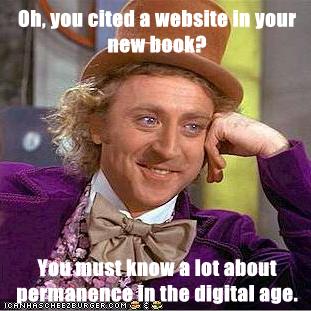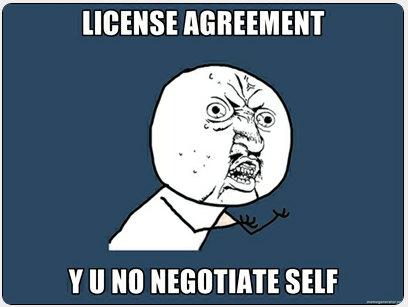The library renews its subscriptions to print journals in the summer, so that by the fall our subscription vendor can place the renewals with the hundreds of publishers or suppliers we get the journals from. Using this time line of reviewing our titles in the early summer, updating our vendor database with our renewal decisions in late summer, and the vendor placing the renewals in the fall is all designed to make our renewal for the next calendar year seamless. The idea is that we don’t want to miss a single issue of a journal, and generally if we use this workflow we don’t miss any.
At the beginning of the new calendar year when our check-in staff person receives an issue of a journal to which we’ve canceled a subscription, she’ll toss it in a box under her desk. By the end of February the box is usually full. This means that the publisher or supplier didn’t get the message until it was too late that we intended to cancel, and they’ll send us one or two more issues of a journal before their own databases are updated with the cancellation.
Occasionally we’ll continue to get issues past those one or two hangers-on, and that usually signifies a problem, often that we told the vendor not to renew but the publisher didn’t get the message; they think we still have an active subscription. When this happens we send the issues back in order not to be invoiced for a title we didn’t want to receive. By March this kind of thing is normally all figured out. Except this year. Here’s a pile that we’re still getting. To be investigated!








